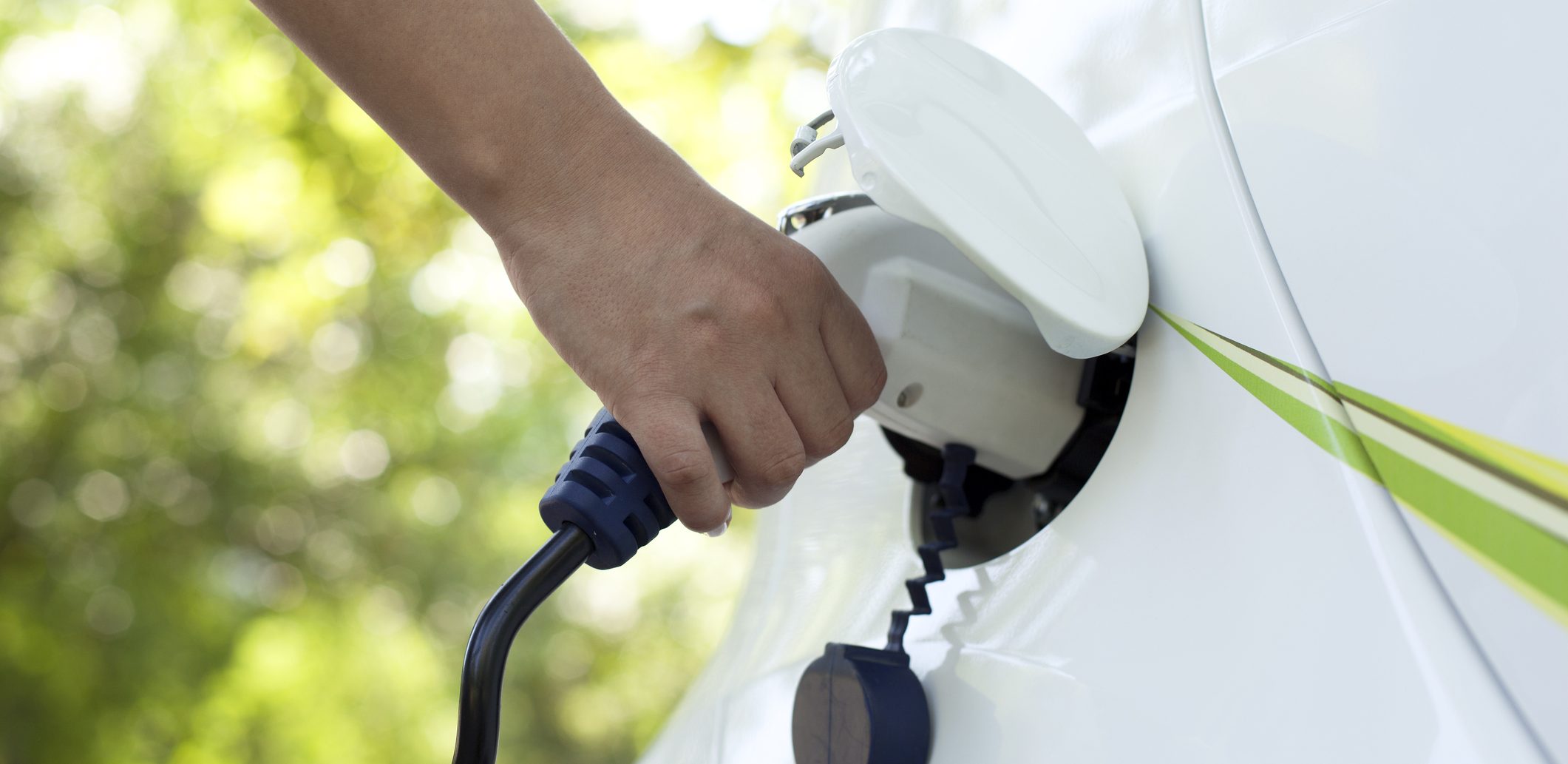Car sales ‘cliff edge’
Nearly 6,000 car industry jobs have been lost since 2016 according to new figures revealing the challenges now facing the UK automotive sector, which has seen another year of declining sales.
Accountancy firm Moore Stephens has estimated that a total of 5,905 jobs in the car industry have gone amid a plunge in sales driven by both a drop in diesel car sales and continuing Brexit uncertainty.
The number of automotive jobs lost over the last two years comes as the latest car sales figures were published today (January 7) which showed a 7 per cent decline in new car registrations in 2018.
The Society of Motor Manufacturers and Traders (SMMT) reported that a total of 2.37m cars were sold last year — a five-year low and fewer than were sold in 2007 before the financial crisis.
These weak figures were driven by a 29 per cent fall in diesel car sales last year which Unite has blamed in part on confusion over the government’s diesel policies.
The government has pledged to ban diesel cars by 2040, but has so far taken a piecemeal approach to ensuring a just transition to electric cars.
Unite believes the ban and mixed and misleading messages from ministers have prompted consumers to hold off on buying new diesel cars over potential concerns about their future value and environmental and health impact.
But in the process, consumers have kept their older petrol vehicles – which are in fact far more polluting compared to cars with new diesel engines, which rank among the cleanest and most efficient engines in the world.
“A second year of substantial decline is a major concern, as falling consumer confidence, confusing fiscal and policy messages and shortages due to regulatory changes have combined to create a highly turbulent market,” said SMMT chief executive Mike Hawes.
“The industry is facing ever-tougher environmental targets against a backdrop of political and economic uncertainty that is weakening demand so these figures should act as a wake-up call for policy makers,” he added.
Hawes called for “supportive, not punitive measures” to grow car sales, because, he said, “replacing older cars with new technologies, whether diesel, petrol, hybrid or plug-in, is good for the environment, the consumer, the industry and the exchequer.”
Unite assistant general secretary Steve Turner agreed.
“The UK car industry is a global leader and a source of highly skilled well paid jobs not only in major manufacturers, but throughout the supply chain,” he said.
“All this is at risk of going into reverse, along with the hard work of Britain’s car workers, thanks to the government’s botched handling of Brexit and continued economic uncertainty.
Turner slammed the demonisation of diesel by government ministers, despite, he said “the UK making some of the cleanest engines in the world”.
“The result has not just seen diesel sales fall off a cliff edge, but it has made it harder for emission targets to be met as people switch or hold on to petrol cars which emit more CO2 than diesel vehicles,” he noted.
“Instead of slashing grants to help people switch to electric and alternatively powered cars, we need the government to spearhead a strategy that ensures the UK car industry retains jobs, skills and its global leading status as it transitions away from combustion engines,” Turner went on to say.
“Government ministers need to start supporting the car industry, rather than hammering a jewel in the UK’s manufacturing crown.
“We also need an end to Brexit uncertainty and for tariff free frictionless access to Europe to secure the future of the UK’s car industry and the hundreds of thousands of jobs that rely on it.”
 Like
Like Follow
Follow


